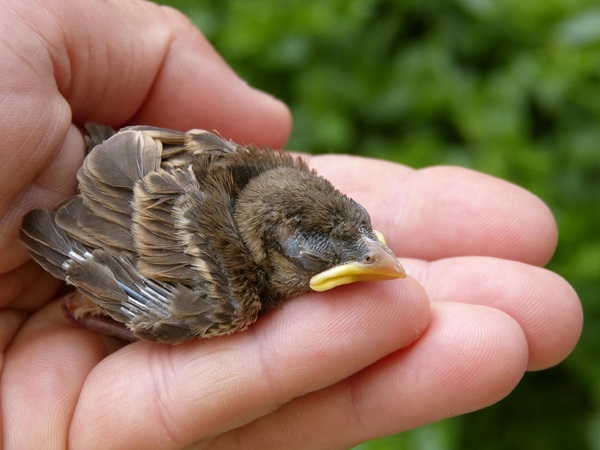 Credit: Pexels
Credit: Pexels
On Tuesday 23 April 2024, Luxembourg’s Nature and Forest Agency and the wildlife care centre (Natur&ëmwelt centre de soins pour la faune sauvage Asbl) informed the public to avoid handling baby animals they may find during springtime.
Spring is the time of birth or hatching of many young wild animals, such as fawns, young goats and baby birds. During walks, passers-by often discover young wild animals, which they believe to be orphaned and in distress and want to help by taking them with them or bringing them to the wildlife care centre. However, young animals often do not need human help. Before acting, the centre noted one must ensure that the young animal is truly in distress and that it is not taken away from its mother.
The Nature and Forest Agency, together with the wildlife care centre, therefore published advice on the correct way to treat young wild animals.
Firstly, the wild animal should be left where it was found and should not be touched. It is possible that the little one was deliberately placed there by its mother. Some animals only look for their offspring once a day to feed them. No sign of the parents does not automatically mean the animal is orphaned. If the young animal is visibly injured (blood, surrounded by flies, broken limb, etc.), action must be taken and it should be brought back to the wildlife care centre.
Secondly, baby birds that have fallen from the nest (nestlings) should not be brought home. A naked baby bird can be returned to the nest if it is warm and not injured. Its parents will continue to take care of it. Falling or jumping from the nest when fully feathered is also a normal process for many species. At this stage of emancipation (fledgling), the baby bird will need a few more days to learn to fly, but it is still dependent on its parents. The young bird should only be brought to the wildlife care centre if visibly injured.
If unsure whether an animal needs help, one can check the website of the wildlife care centre or call them.
Luxembourg’s Nature and Forest Agency also stressed the importance of avoiding putting oneself in danger when trying to help a wild animal. “[...] you must always be careful of road traffic, great heights, and the injuries that the animal could inflict by biting or scratching,” it concluded.








